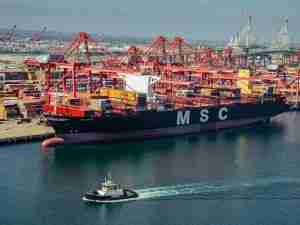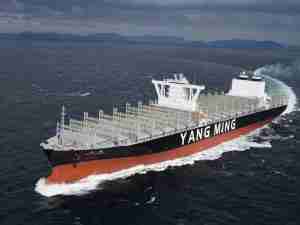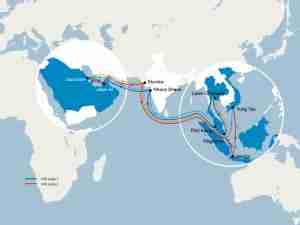Port sources said oil product exports via the ports of St Petersburg, Vysotsk, Kaliningrad, Murmansk, Vitino and Primorsk would this year be little changed from the 46.6 million tonnes shipped in 2009. Their combined capacity is 71.4 million tonnes. While the launch this year of a new port on the Baltic Sea, Ust-Luga, will offer a new outlet for Russia's refined products, industry sources said a significant rise in exports would first require upgrades to the railways and canals that feed the ports.
"Even in 2011, seaborne exports are hardly likely to grow. While Ust-Luga will start up, all of the problems with infrastructure remain unsolved," said a port source, who declined to be named.
Russia, the only country pumping over 10 million barrels per day of crude, is the key supplier of middle distillates, such as diesel, to Europe. Output of refined products rose to 120.6 million tonnes last year from 115.4 million tonnes in 2008.
Oil majors have been investing large amounts into downstream operations. TNK-BP, for example, plans to spend $1.3 billion over the next five years to improve refining rates. Refiners will have difficulty shipping additional volumes to northwestern ports, however, as long as the rail network is constrained, said a source at the Vysotsk terminal on the Baltic Sea, operated by Russia's No. 2 oil producer, LUKOIL .
A source at the White Sea port of Vitino agreed: "We shipped 4.35 million tonnes last year. We have the facilities to double this, but we can't due to the shortage of rail capacity." Outdated Canal System
Denis Dyomin, deputy operations director at St Petersburg-based brokerage Lenmontazhstroy, said most ports in northwest Russia get refined products by rail. Only Primorsk and St Petersburg receive diesel pumped direct from refineries. Complex tariff regulations and insufficient investment in the Soviet-era Volgobalt canal system, which delivers fuel oil to St Petersburg and Vysotsk by river tankers during the summer navigation season, were also limiting supplies, sources said.
"Many cargoes are carried by rail to Estonia or Latvia for export from their ports," said Nadezhda Malysheva, development director of analytical agency Portnews. "Various problems with logistics and tariffs are preventing Russia's Baltic ports from operating with these volumes."
A source in the Port of St Petersburg said additional tonnages could be delivered if the Volgobalt canal system was deepened and expanded.
"If we were to upgrade the rail system, improve logistics and deepen the sea canal in the Gulf of Finland, we would export more," the source in the port said.
And while trading firm Gunvor will launch a new oil product terminal in Ust-Luga in May or June 2010, with capacity to ship 25 million tonnes a year, industry sources said the port would be supplied mainly with cargoes re-routed from other terminals.
"I don't rule out that some volumes from Petersburg Oil Terminal could be re-routed to Ust-Luga," Malysheva said. Rail woes cap Russia's northern oil product exports. (Reuters)










